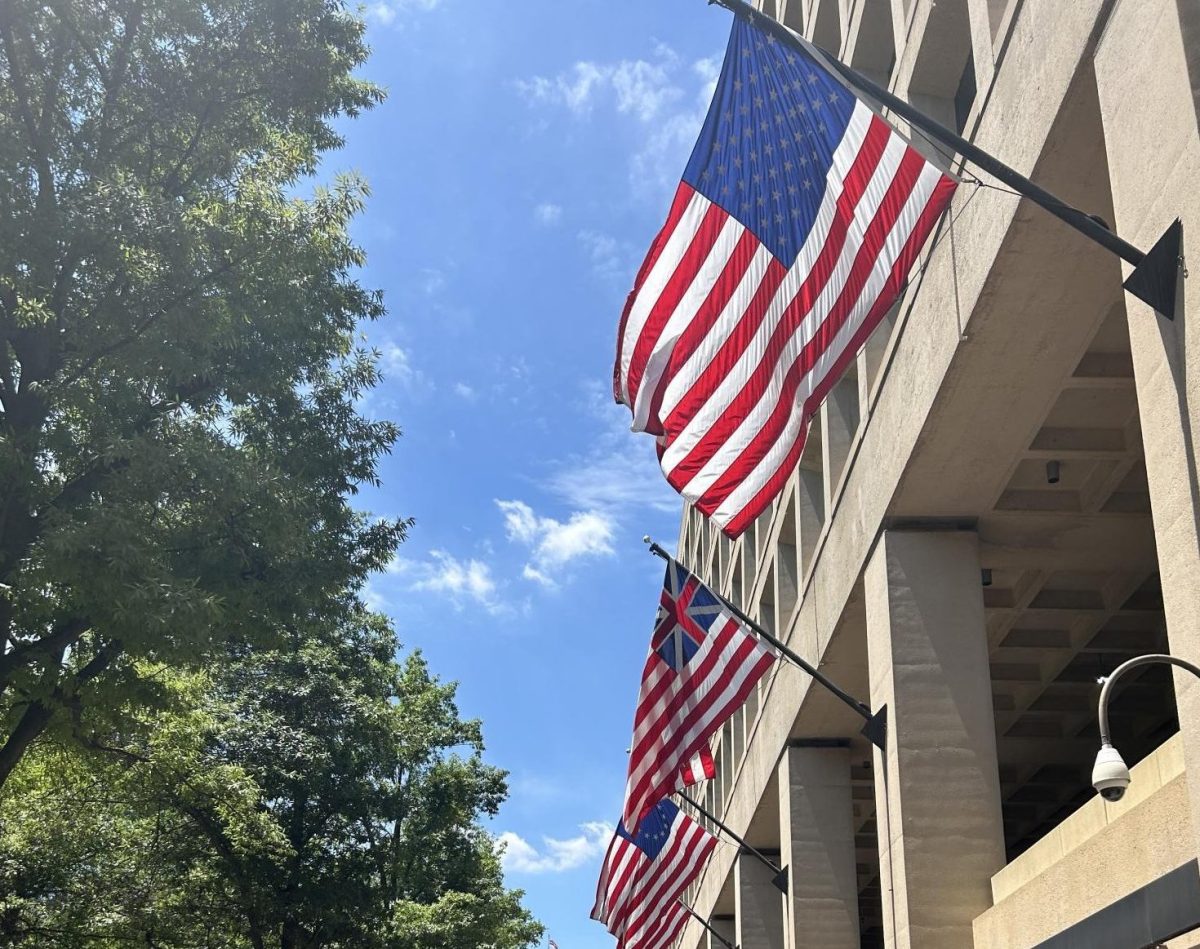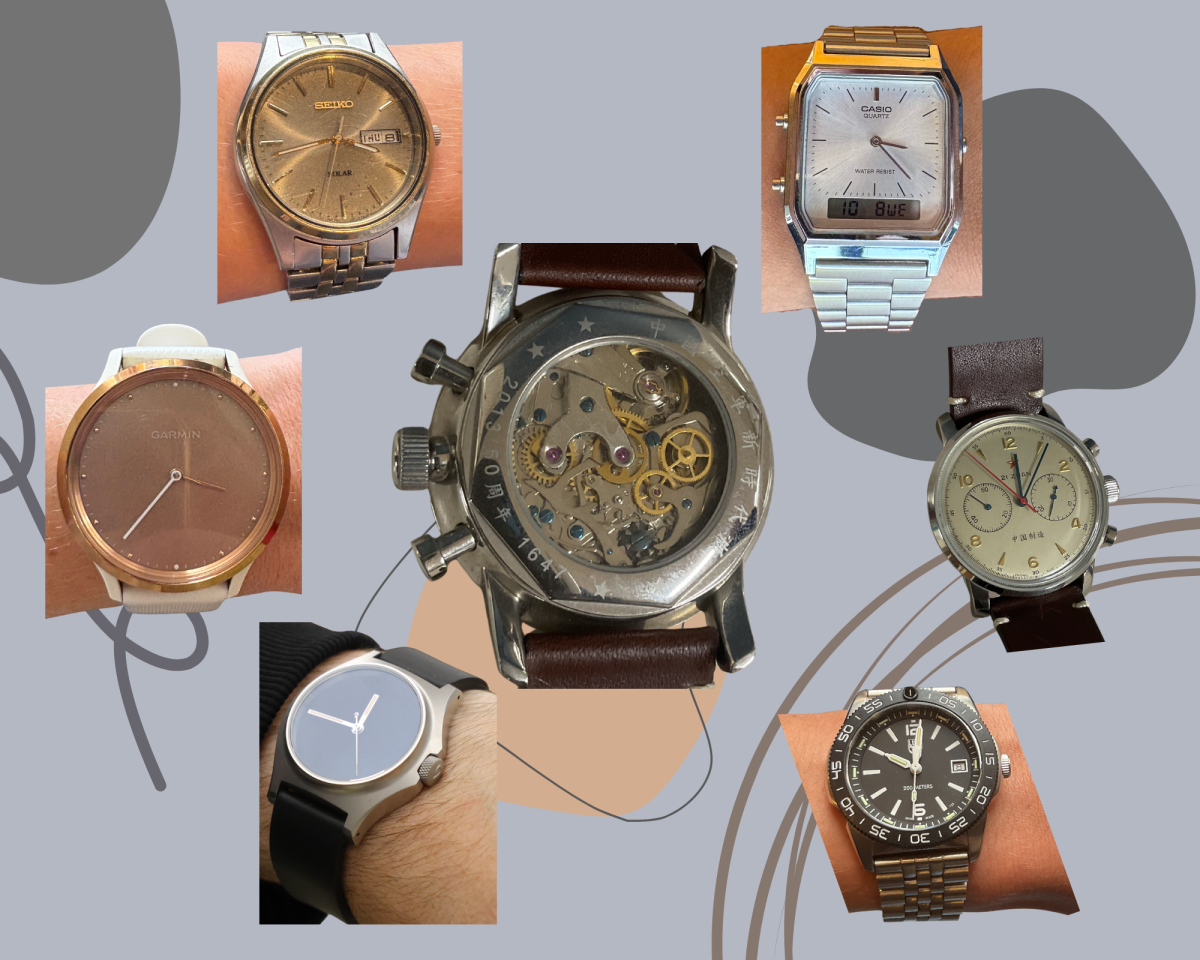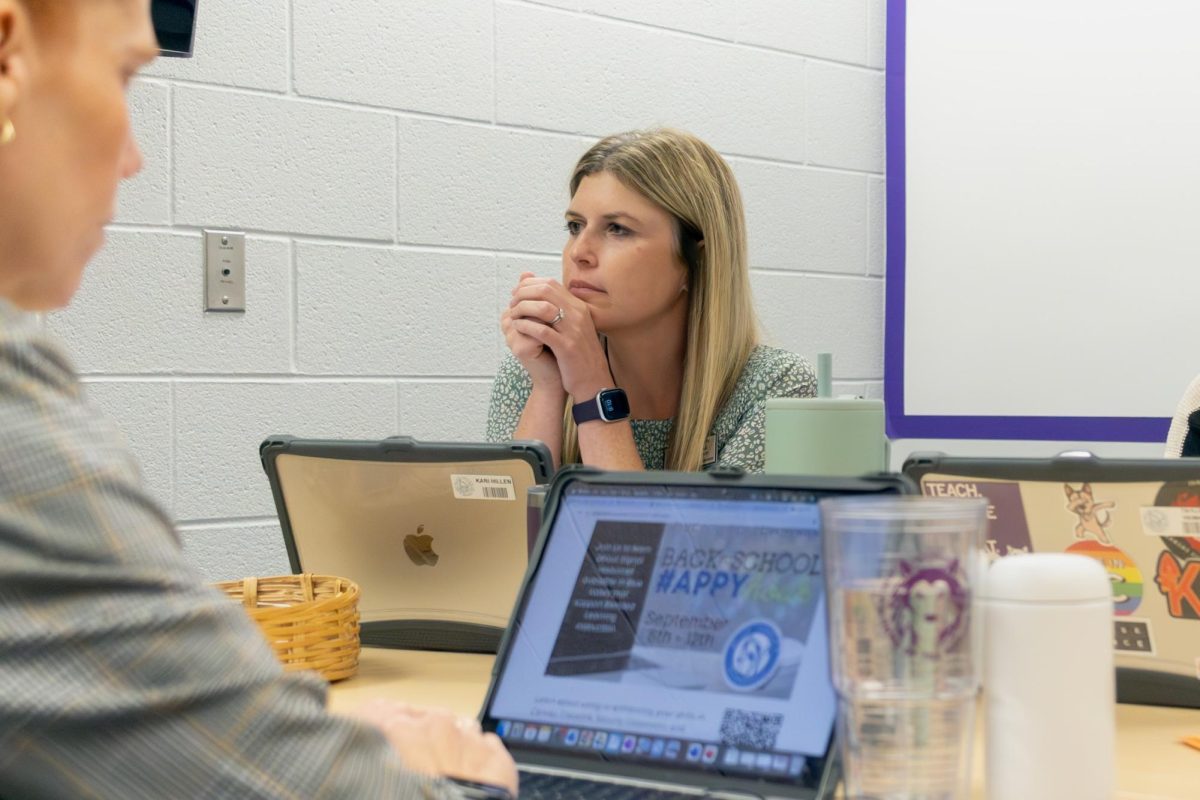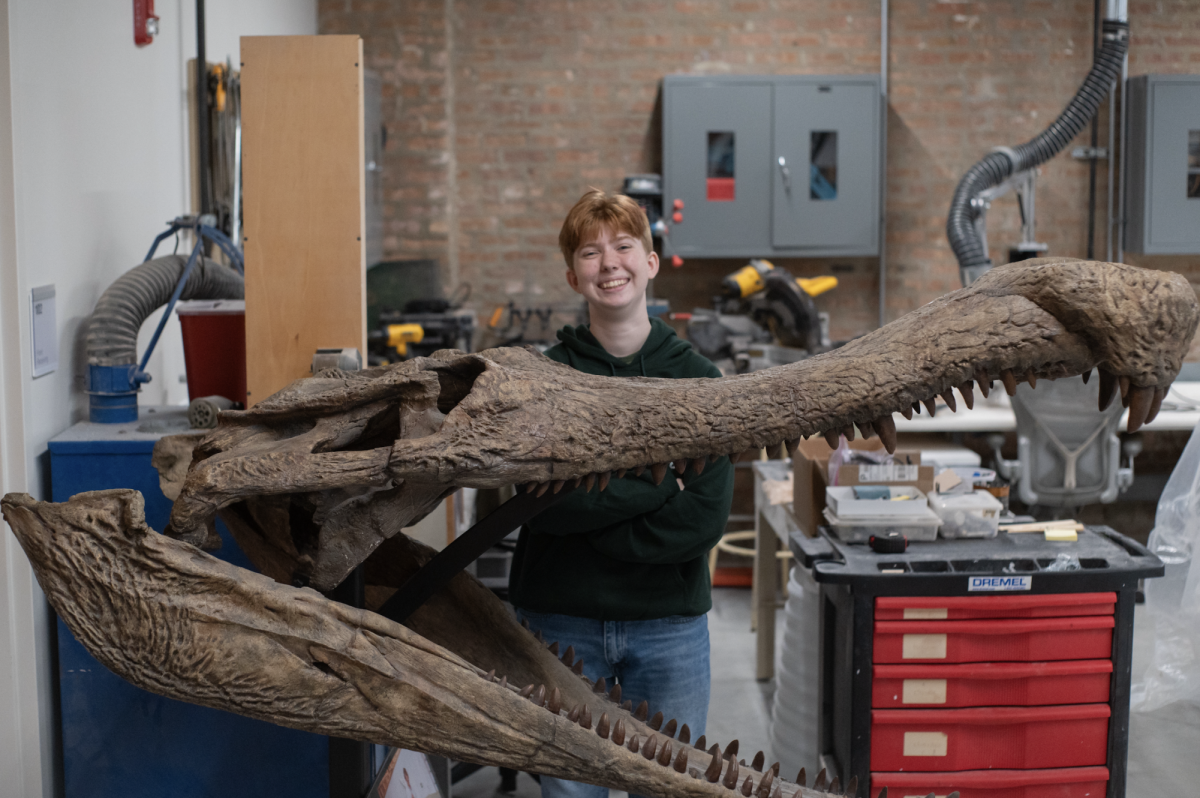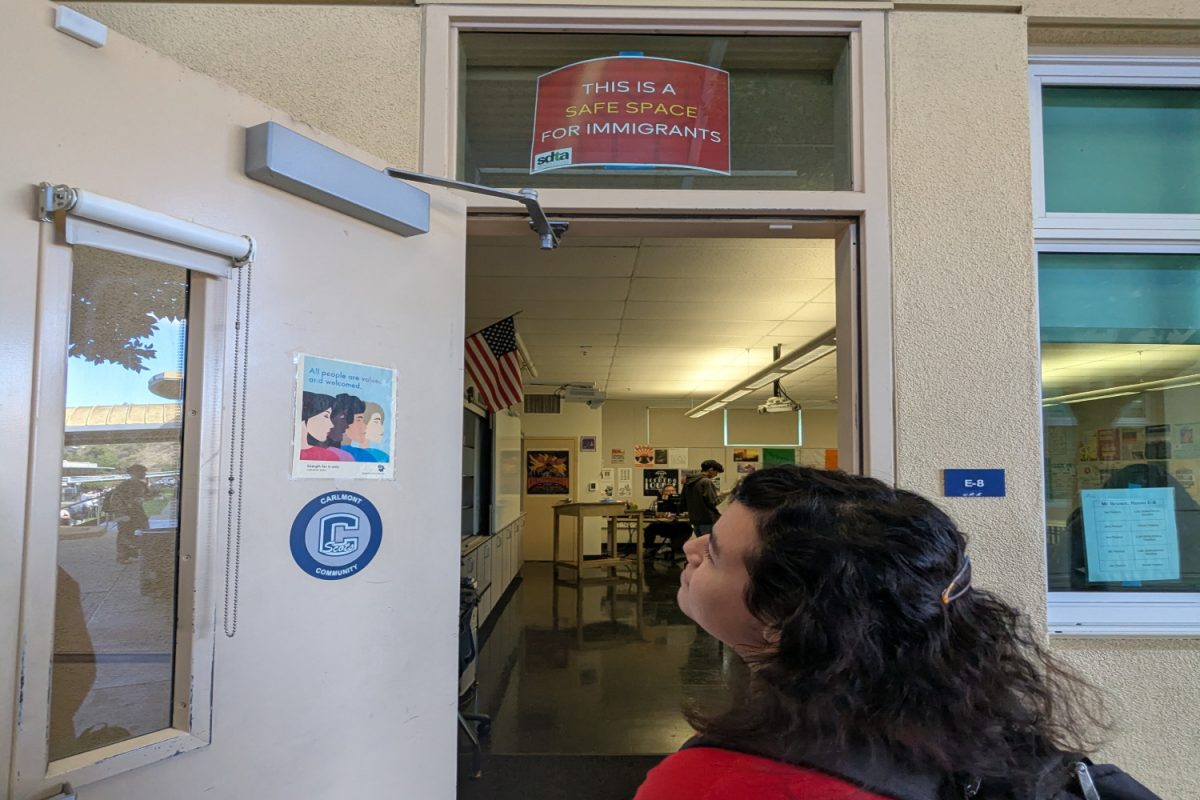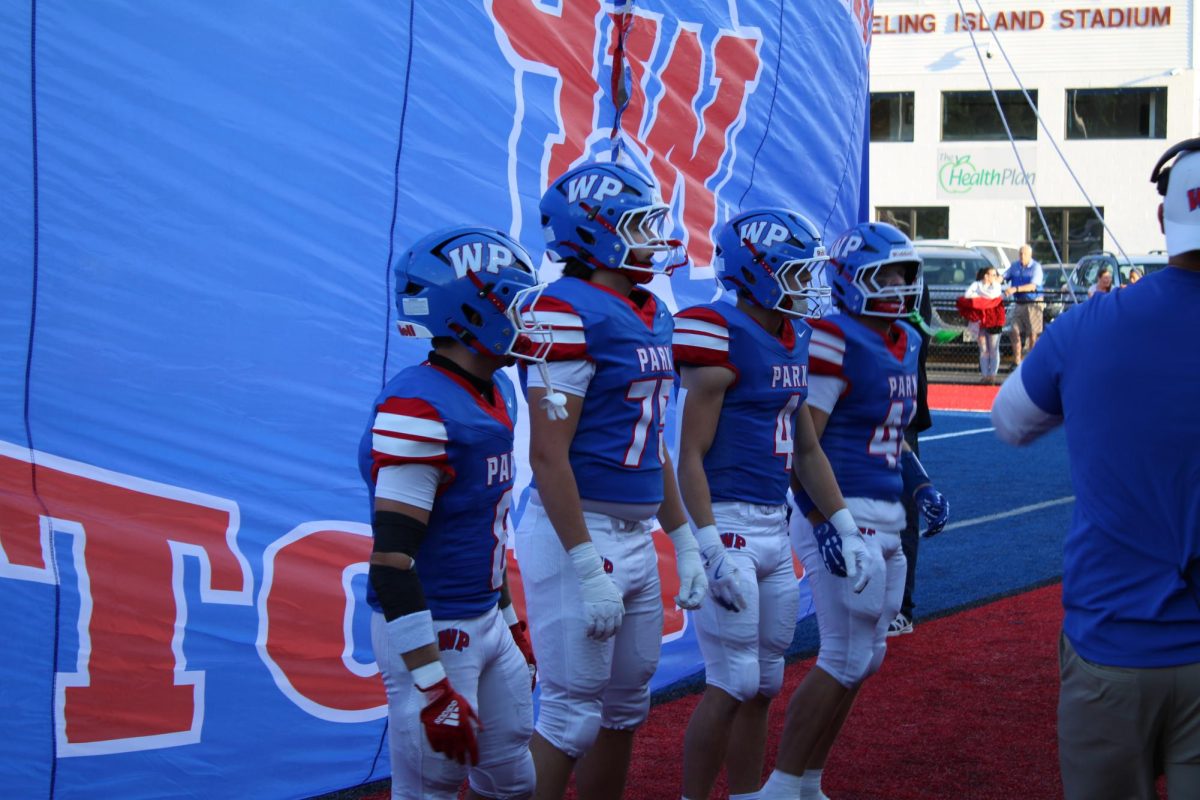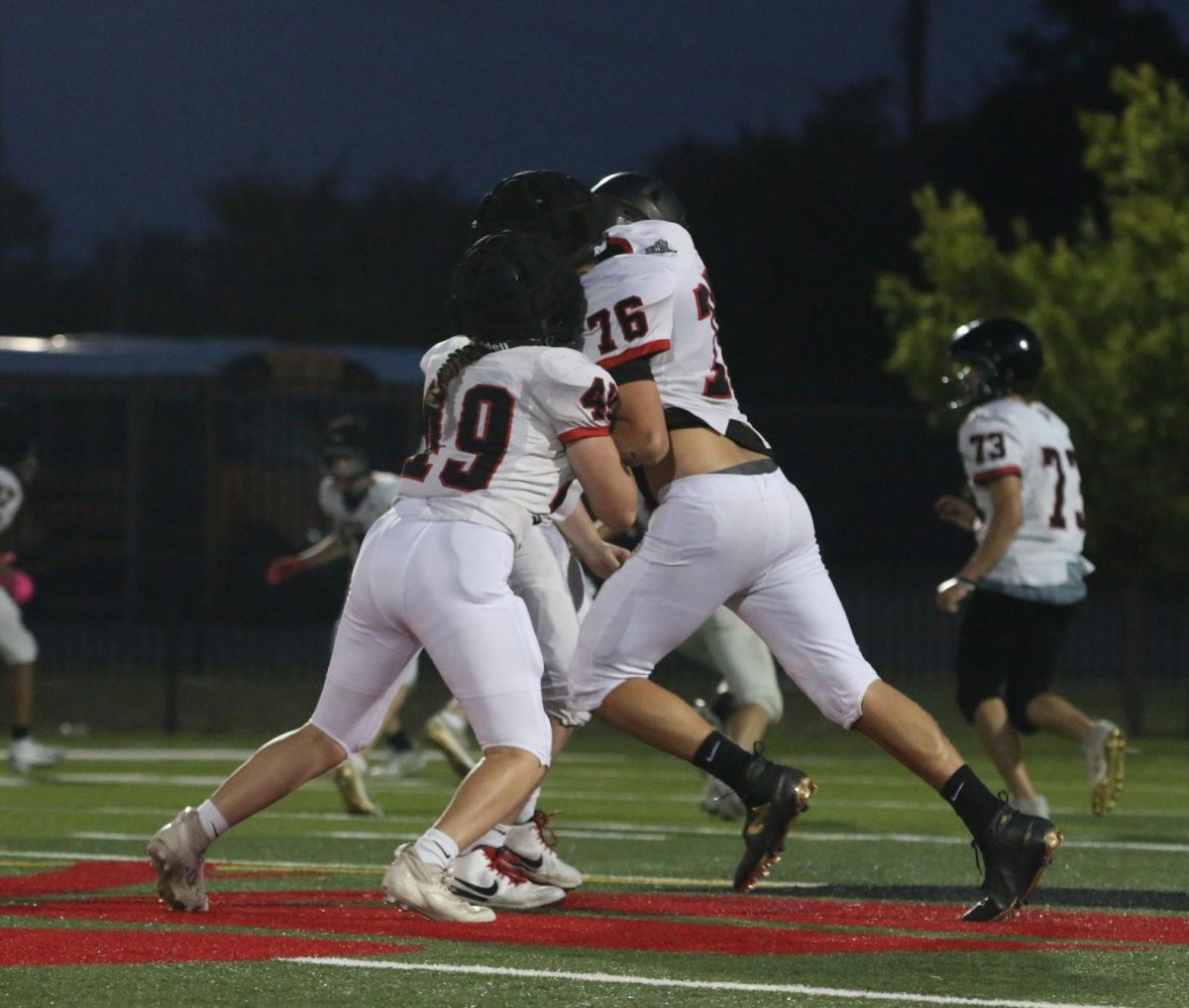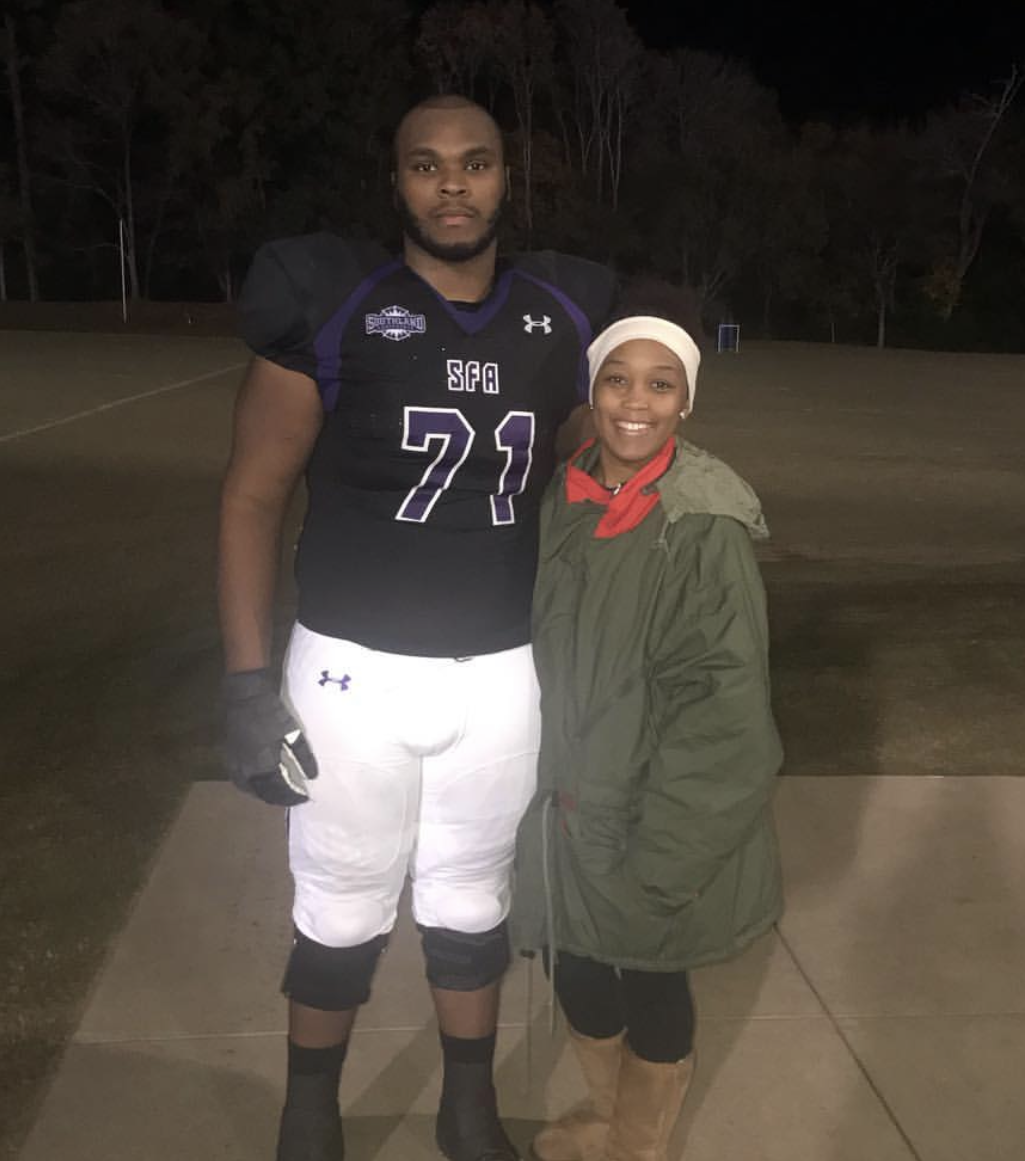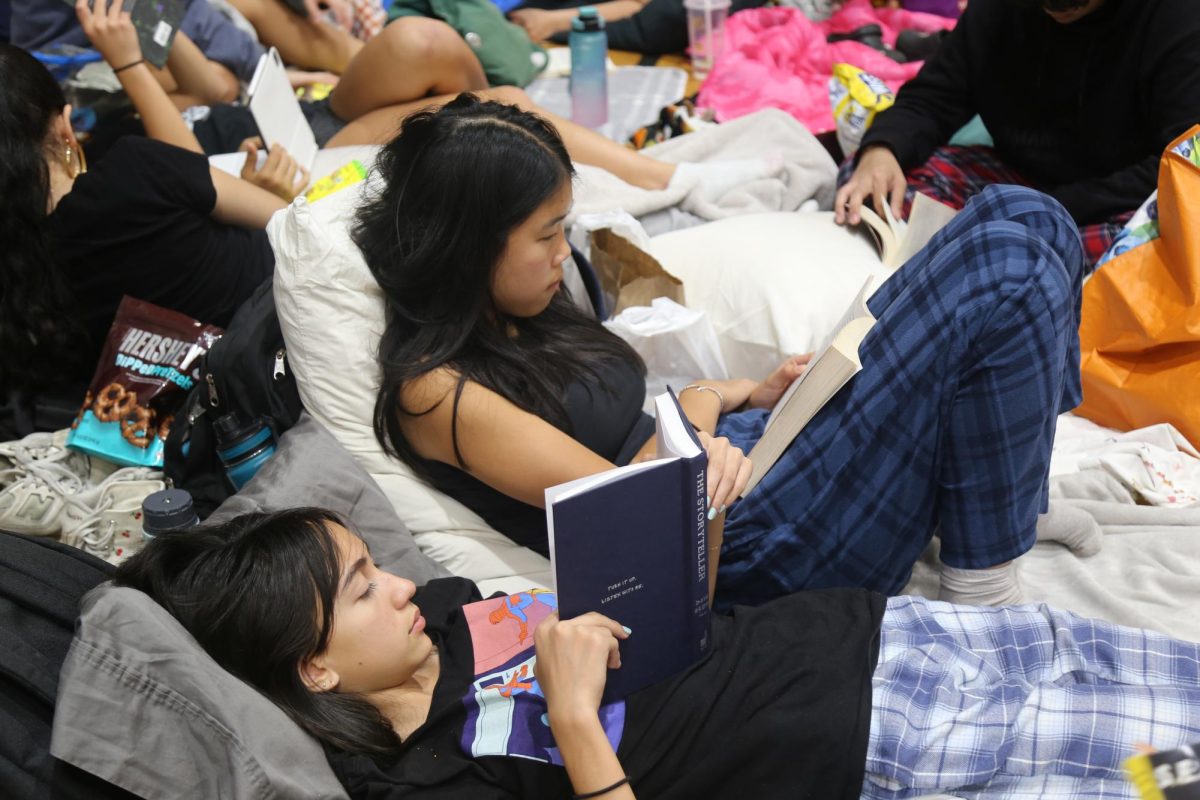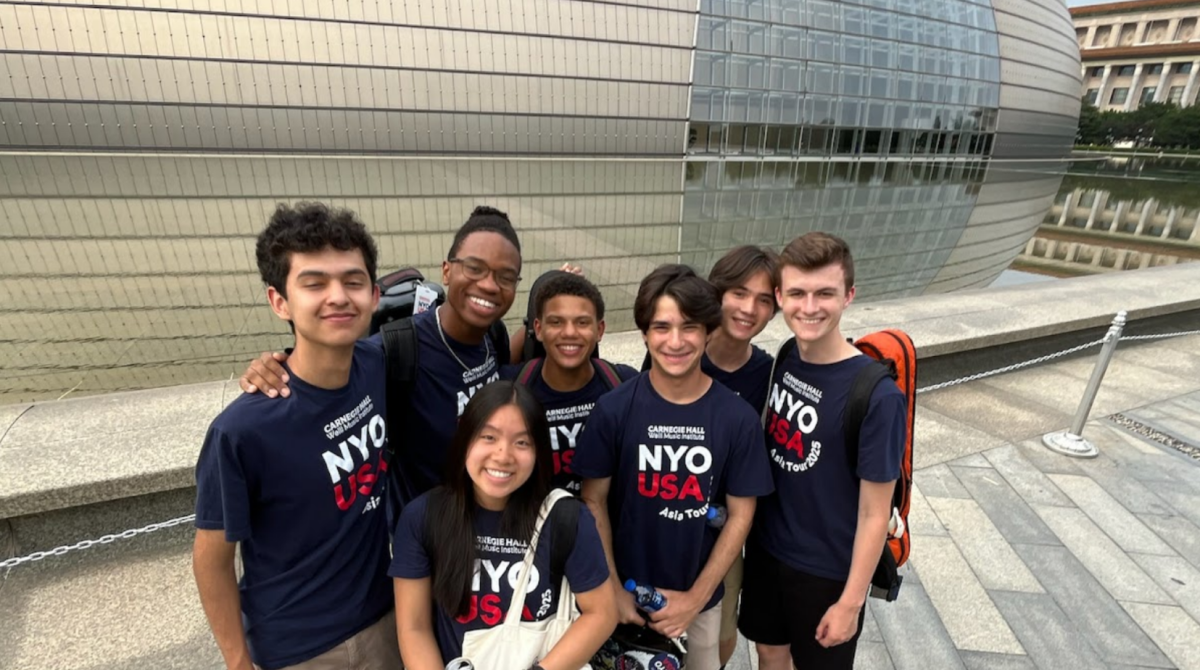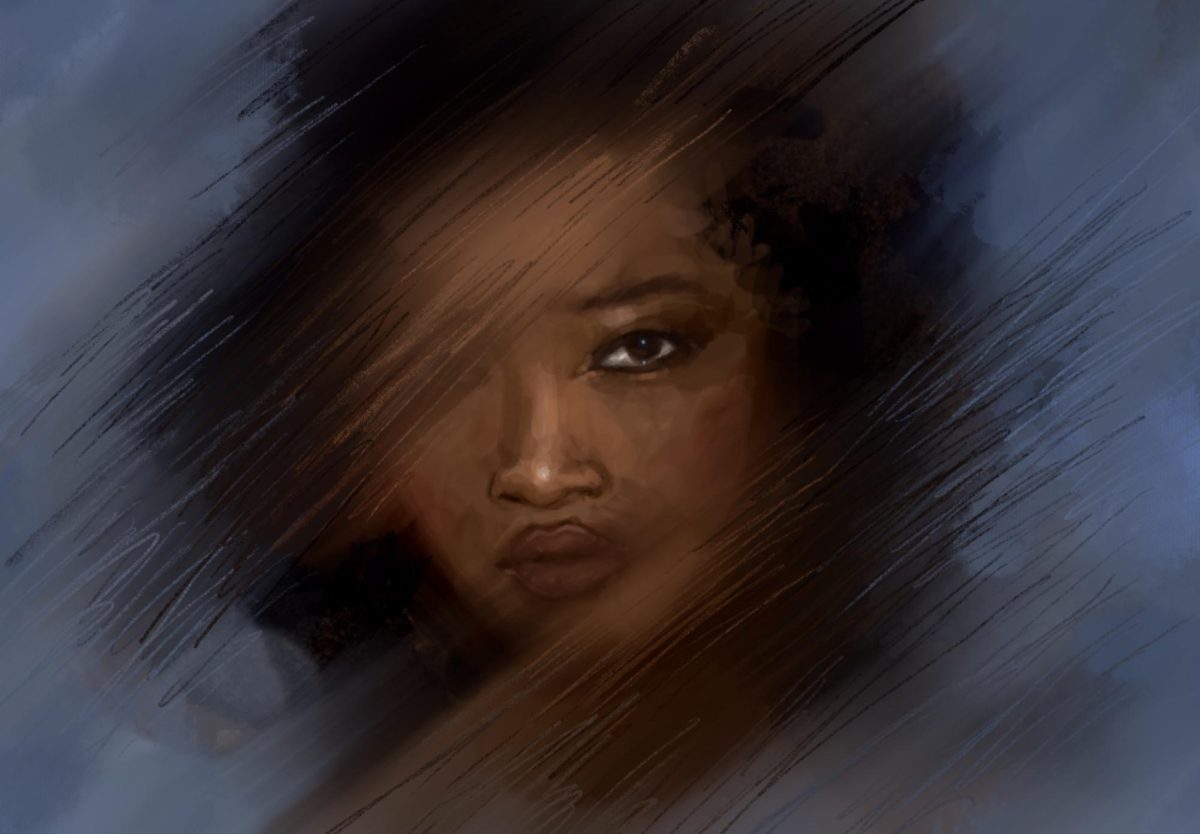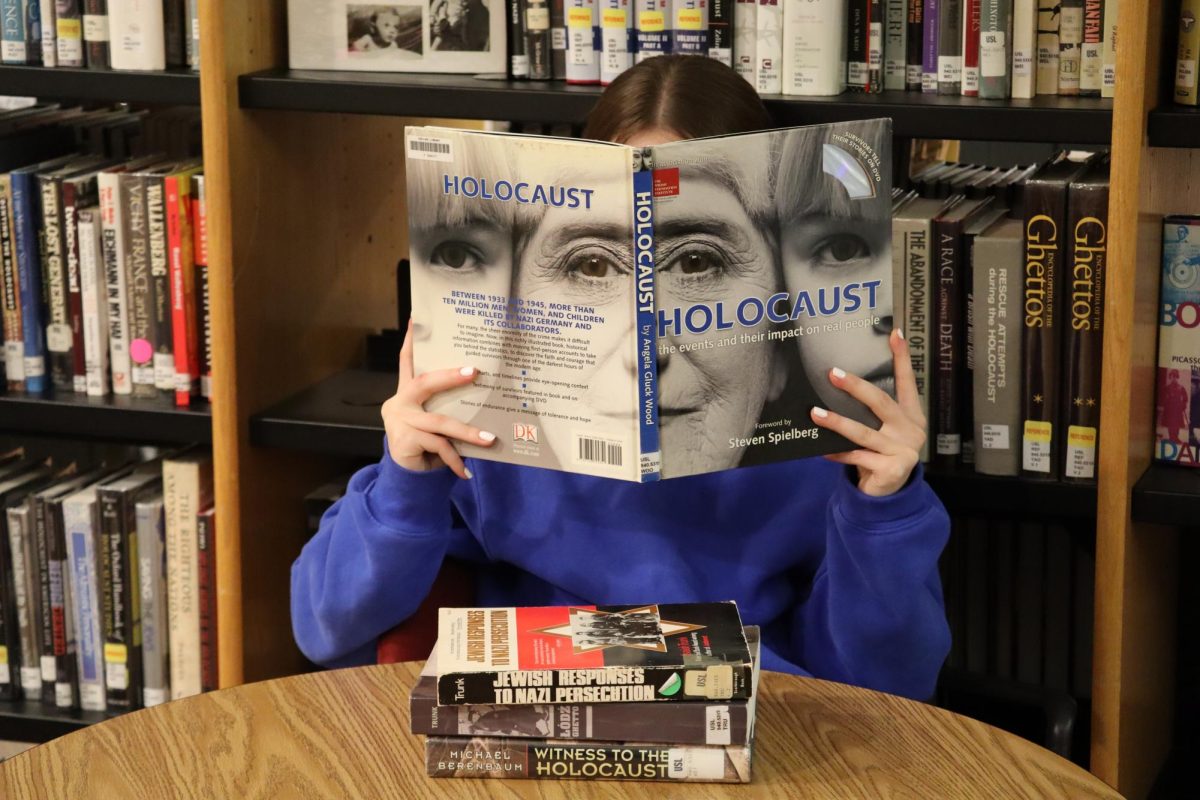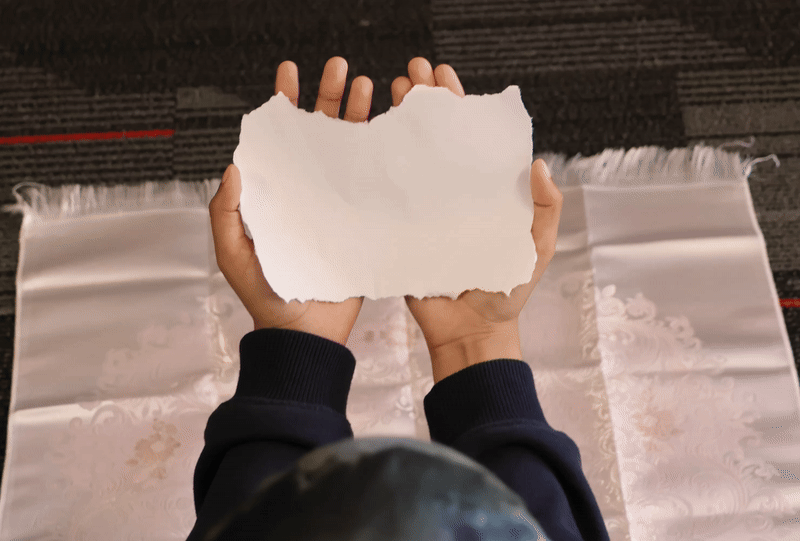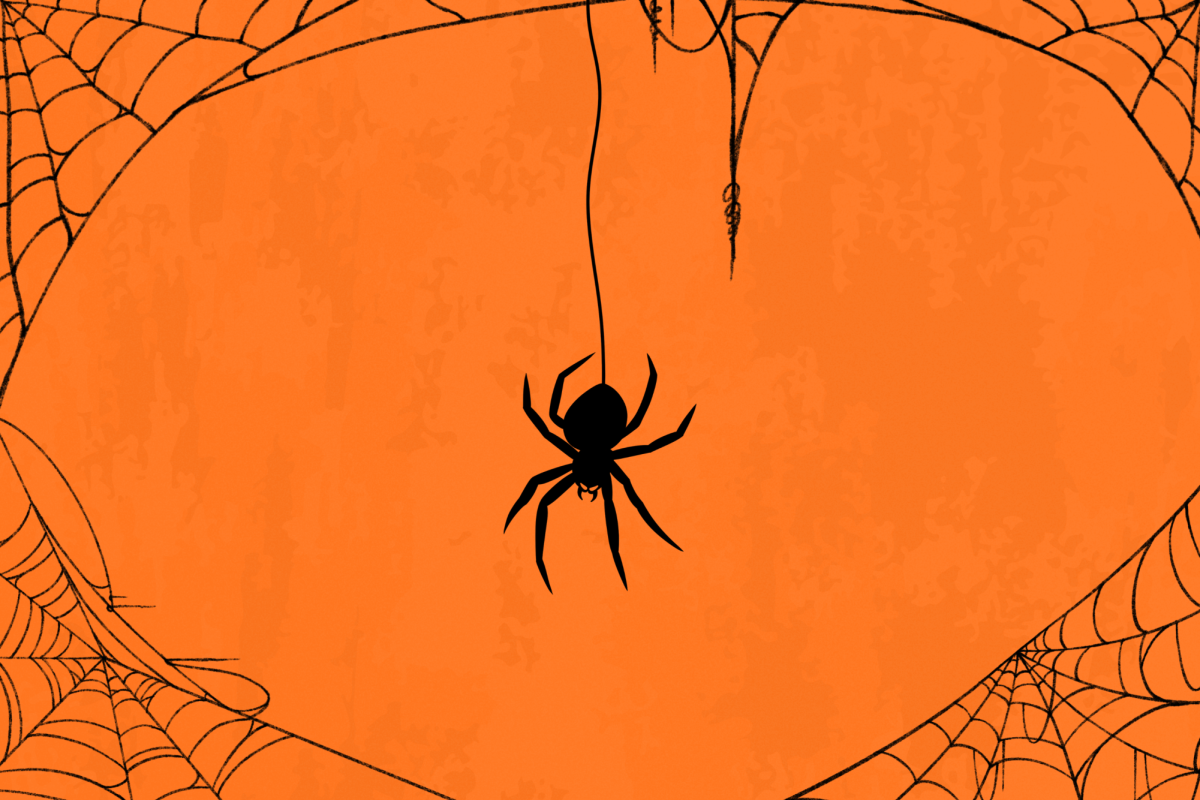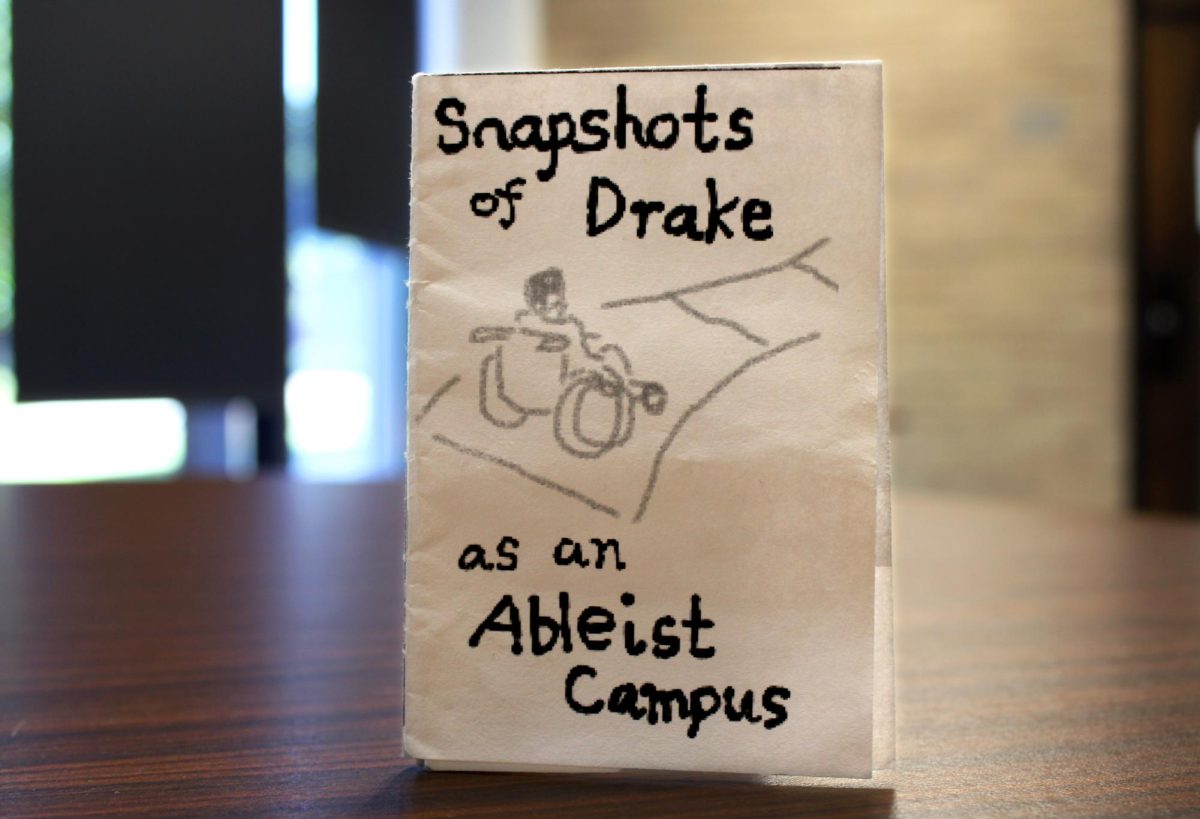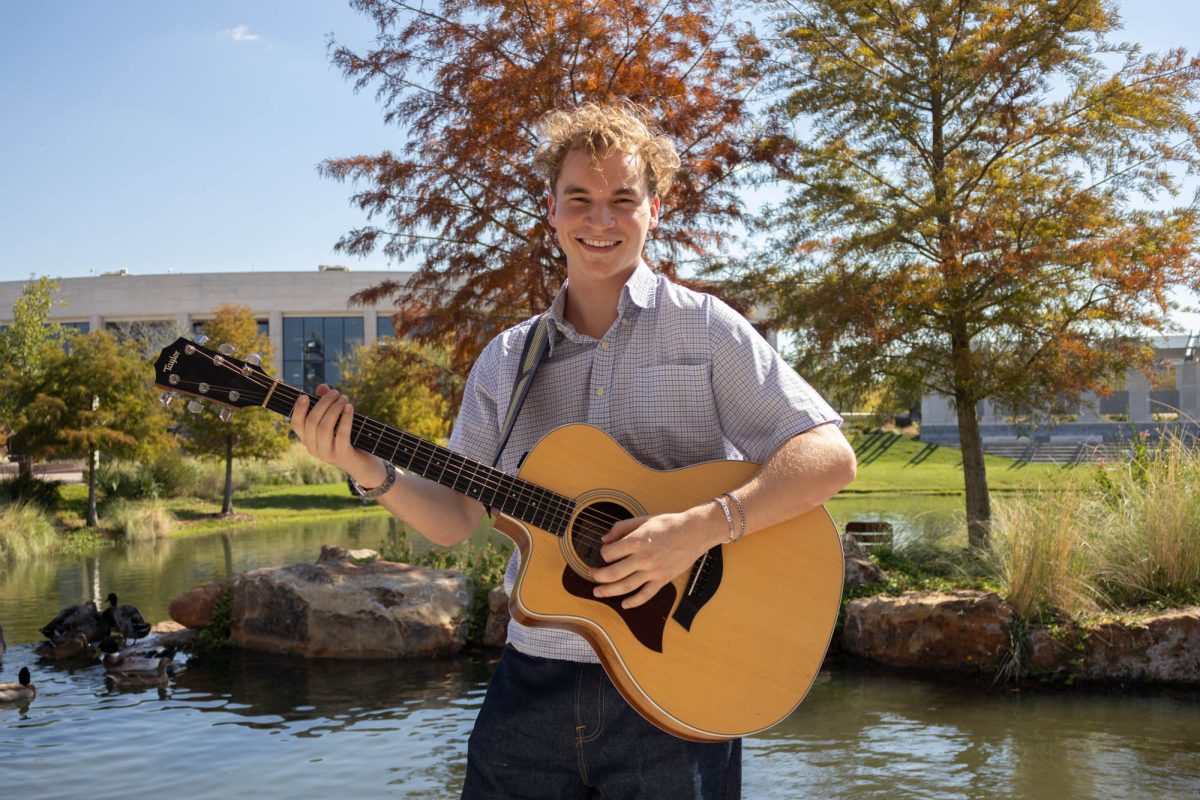Since students have arrived back on campus, copies of an anonymous zine — short for “magazine” — titled “Snapshots of Drake as an Ableist Campus” have been circulating in campus buildings.
The self-published zine raises several issues regarding accessibility and the lack of support for disabled students at Drake University.
“I agreed with a lot of sentiments and concerns in the pamphlet,” said Morgan Ryan, the president of Drake’s Disability Coalition. “We definitely see it when we’re discussing things at DISCO meetings … people feeling like maybe they’re not being well served on this campus.”
Ryan said the issues raised in the zine have a large impact.
“When you face an accessibility [issue] here, it can really put a major damper on your feeling of belonging on this campus,” Ryan said. “I saw this zine as an expression of frustration, frustration at feeling like they weren’t being well served.”
According to the U.S. Government Accountability Office, as of 2020, nearly 21% of college students report having a disability. Based on this percentage, that would account for about 600 of Drake’s 3,000 undergraduates.
“Elevators, when present, often don’t access the full building, close too quickly, are too small, and the buttons are too high up for wheelchair users,” the zine reads.
It also mentions problems with accessible entrances that “take longer and are more complicated,” and heavy doors that “trap [disabled students] in spaces.”
Ava Basso, DISCO’s secretary, said she has personal difficulties with accessibility on campus.
“I can’t use stairs because of [my] medical conditions. So if elevators are out, I can’t get to my class,” Basso said. “Doors are so heavy… they’ve smashed [Basso’s guide dog] Cheddar’s paws multiple times.”
Basso said that issues of accessibility run deep for disabled students on campus, and the impact is more than just physical.
“It’s exhausting,” Basso said. “Being a student with a disability on an inherently inaccessible campus is already mentally and physically taxing … on top of the fact that, oh, you know, I have this accessibility problem, and there’s a solid chance that campus just isn’t going to solve this.”
The zine talks of struggles with Drake’s Access and Success department, saying they “require intimate medical documentation for little or no gain.”
Despite issues they’ve had or seen, both Basso and Ryan made it clear they stand with Michelle Laughlin, the director of Access and Success. Both DISCO members mentioned Access and Success’ issues with understaffing.
“Michelle [Laughlin] is one person doing this for 300 to 500 students, and she doesn’t get a lot of assistance with that stuff,” Basso said.
In an email interview, Laughlin said her immediate reaction after seeing the zine around campus “was one of disappointment.”
“Our goal is always to ensure that students with disabilities receive the support they need to be as successful as possible,” Laughlin said. “At the same time, I recognize that the zine reflects real feelings and experiences, and it underscores the importance of continuing to listen, improve and address concerns so that all students feel heard and supported.”
In terms of architecture, Laughlin empathized with students and asserted that Access and Success works to resolve accessibility issues brought forward by students, communicating all concerns directly to Facilities Planning and Management.
“I understand how frustrating this can be — having firsthand experience as a wheelchair user myself,” Laughlin said.
In an email interview, Venessa Macro, Drake’s chief administration officer, mentioned several successful accessibility projects.
“For new construction and significant renovations in particular, [we ensure] our designers and partners are well versed in inclusive design,” Macro said. “We often refer them to the principles of inclusive design outlined in ‘All, a Guidebook of Strategies for Inclusive Design,’ which was developed by the architects for the Harkin Center.”
Macro also mentioned the work of the President’s Committee on Supporting Students with Disabilities, which the zine admonishes for “accomplishing nothing.”
Macro mentioned projects such as the creation of a University Accessibility map, introducing guidelines on inclusive design which go “beyond [the Americans with Disabilities Act] required building modification” and an accessibility resource fair which took place in March 2024. These were all done in the first two years of the committee’s existence.
Ryan said that in terms of the committee, along with disability services on the whole, there seems to be “an underinvestment.” Committee members are unpaid volunteers, Ryan said.
“I’d like disability rights work to be funded … not something that people do in their spare time or for free, but actually have this be invested in,” Ryan said.
The zine also mentions instructors who “ignore or take for granted access barriers, ask invasive questions, and even abuse and violate students while claiming to help.”
Laughlin offered multiple avenues for reporting problems with faculty.
“Students who experience inappropriate treatment or lack of support [can] report directly to the associate dean of their college, file a concern through EthicsPoint, the University’s confidential reporting system [or] bring the issue to Disability Services, where we will ensure it is directed through the proper channels for resolution,” Laughlin said.
But getting accommodations in the first place can be an uphill battle, Ryan said.
“Providing medical documentation… is a roadblock that a lot of people struggle with,” Ryan said. “If you are not registered with access and success, you can talk to your professor and hope that they will help you out, but… you’re basically at their mercy.”
Many students may have no documentation, especially those who are low-income, and may lack health insurance. Unfortunately, there’s not much Disability Services can do. The ADA requires students to provide documentation, Laughlin said.
Disabled students on campus are ready for change, Ryan said. It would mean an overall improvement in the quality of life for disabled students.
“Accessibility is a way that we tell people with disabilities that you are wanted in this space,” Ryan said.
This story was originally published on The Times-Delphic on October 2, 2025.


